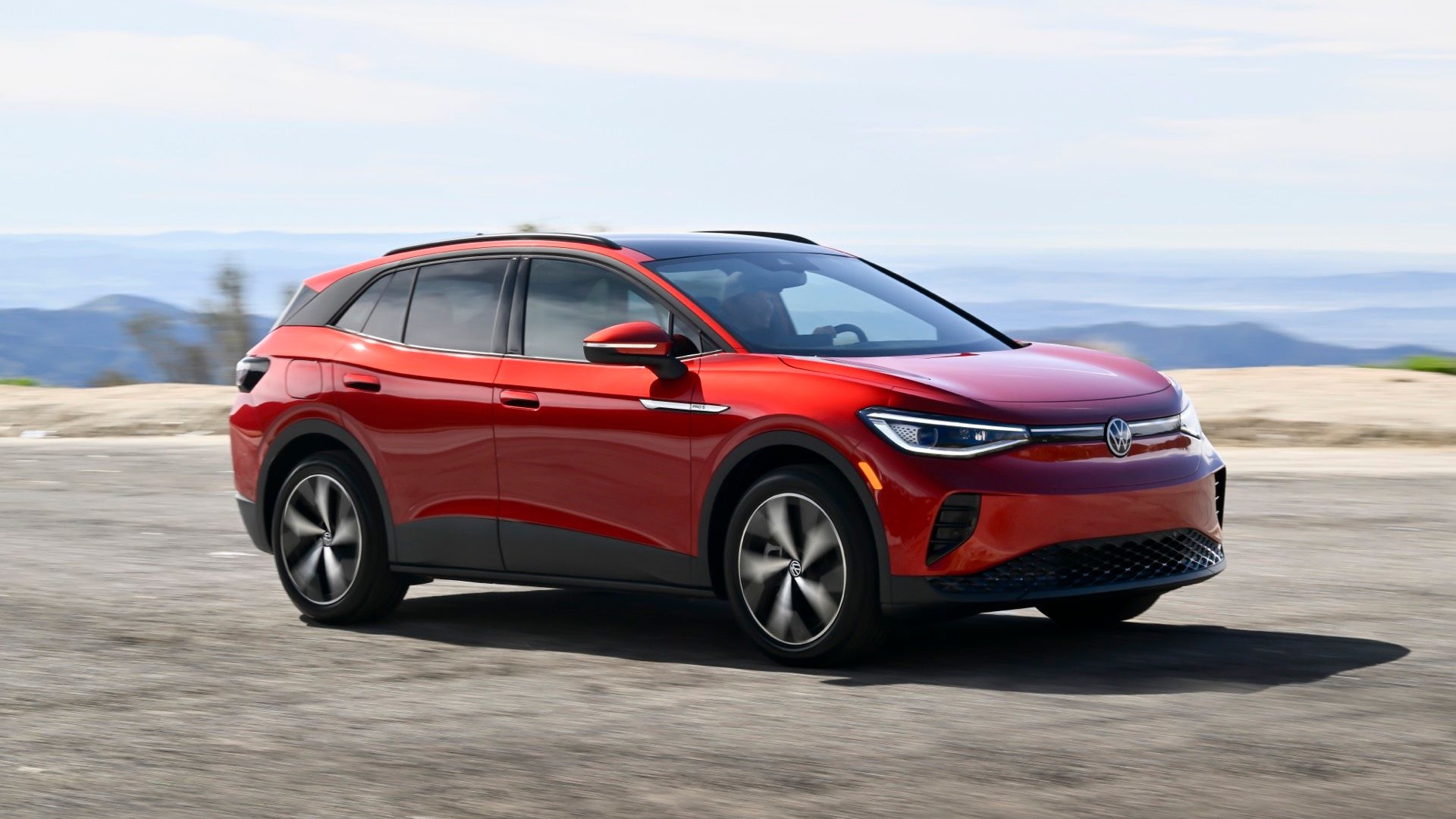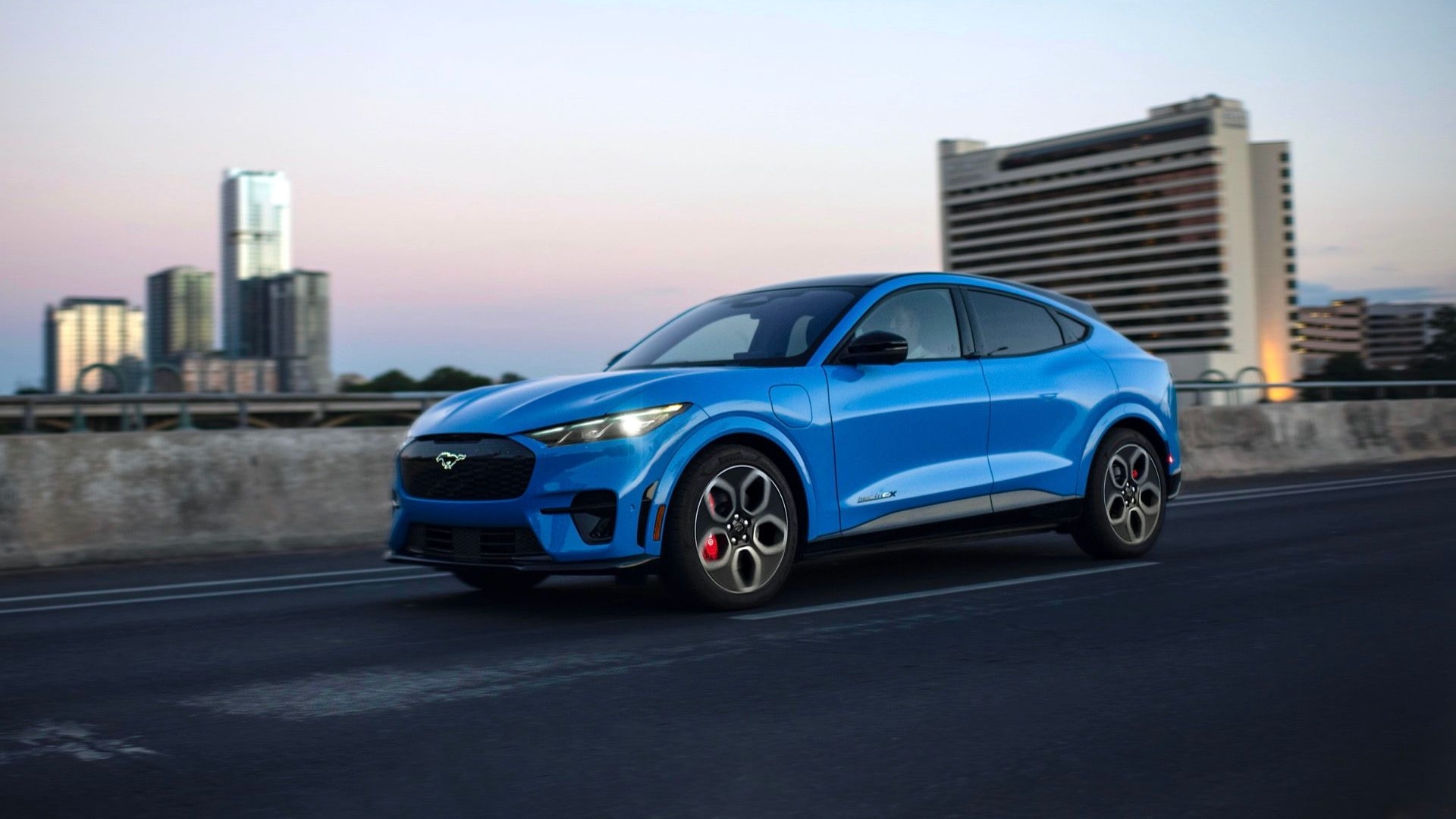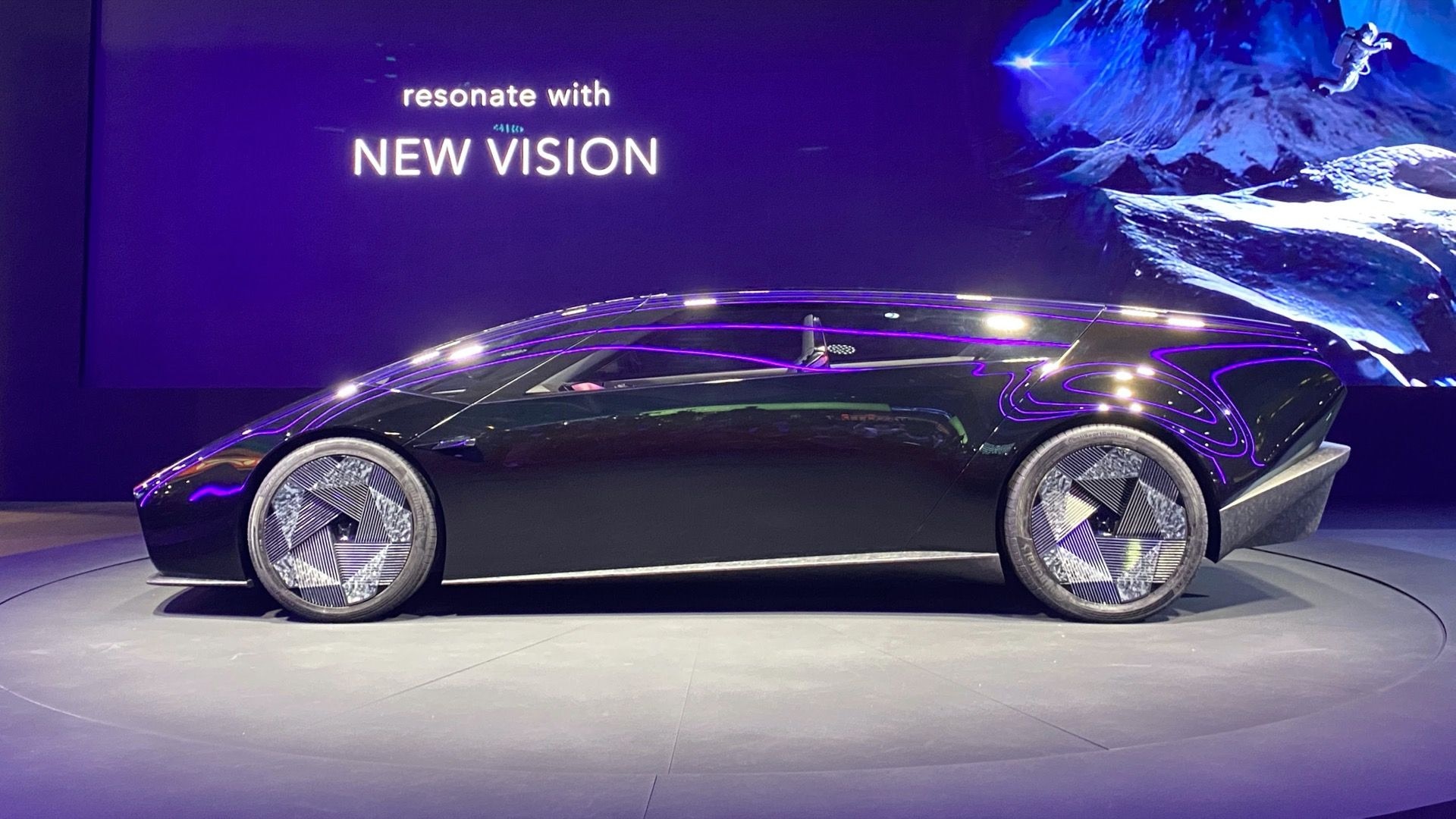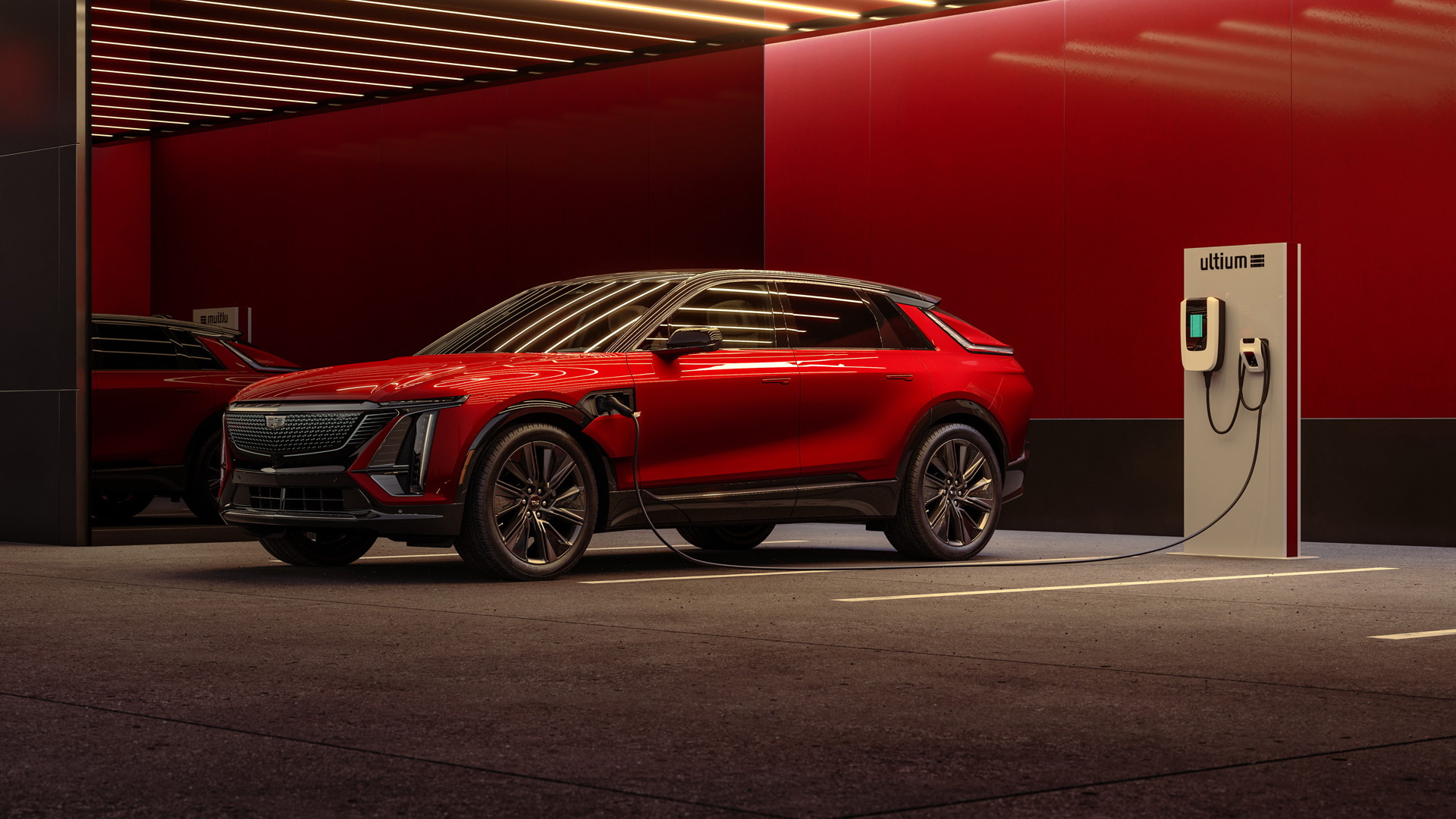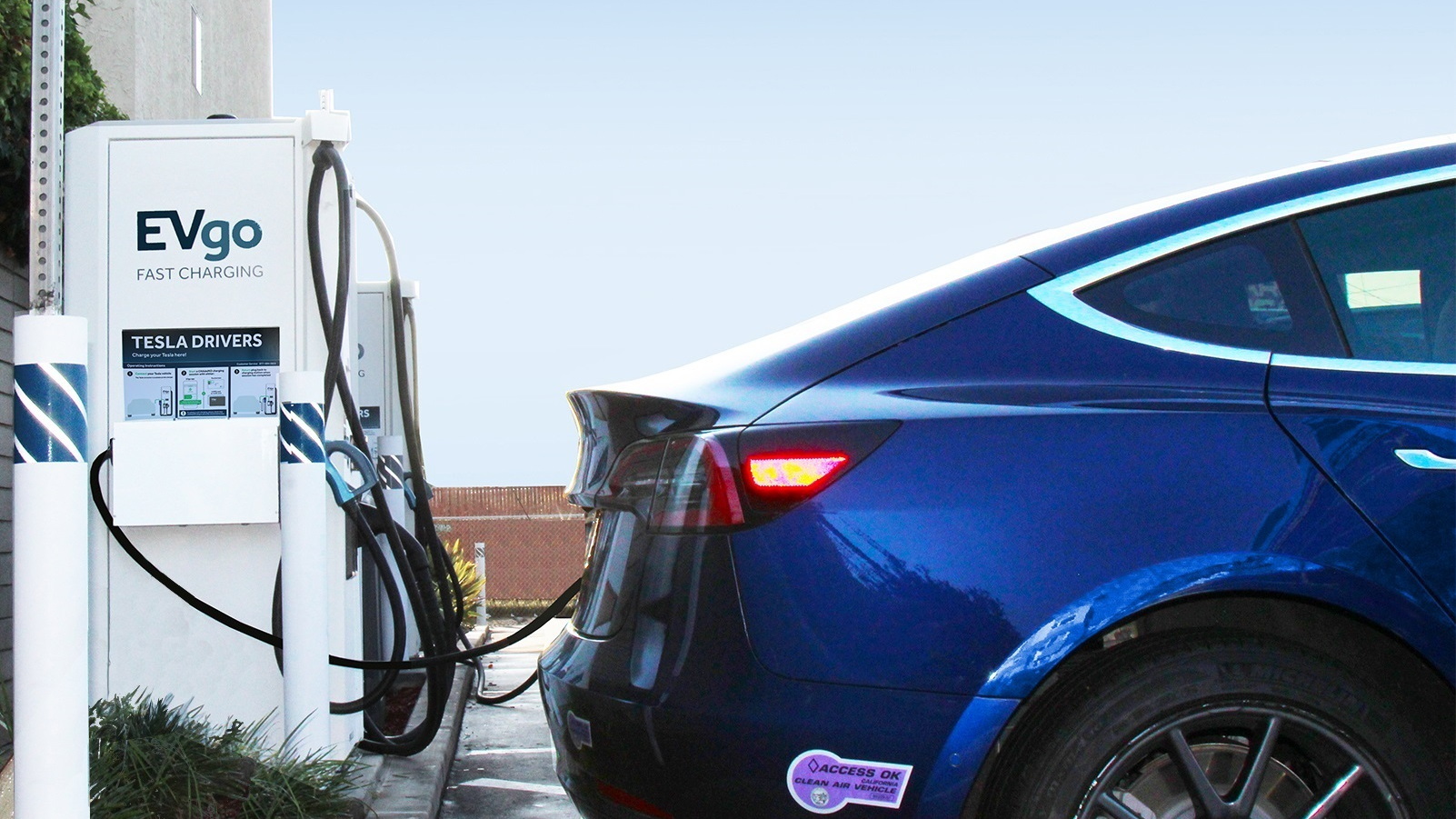Charging at home is by far the most common way that electric-car owners in the U.S. recharge their vehicles today.
For those that are able to install home charging stations, simply plugging in at the end of the day is generally enough to make visits to public charging stations unnecessary.
Most automakers selling electric cars offer 240-volt Level 2 AC home charging stations as accessories, usually in collaboration with a third-party equipment manufacturer.
DON'T MISS: First 2017 Chevy Bolt EV electric cars sold today, in California
Last week, General Motors named AeroVironment as the official supplier of home charging stations for the 2017 Chevrolet Bolt EV.
AeroVironment's 32-amp EVSE-RS Level 2 charging station will be available to buyers of the 238-mile electric car through Chevrolet dealers.
"We selected AeroVironment due to their strong brand recognition, reputation for reliability, and decades of leadership in supporting EVs," said Darrin Gesse, Bolt EV product manager, in a statement.
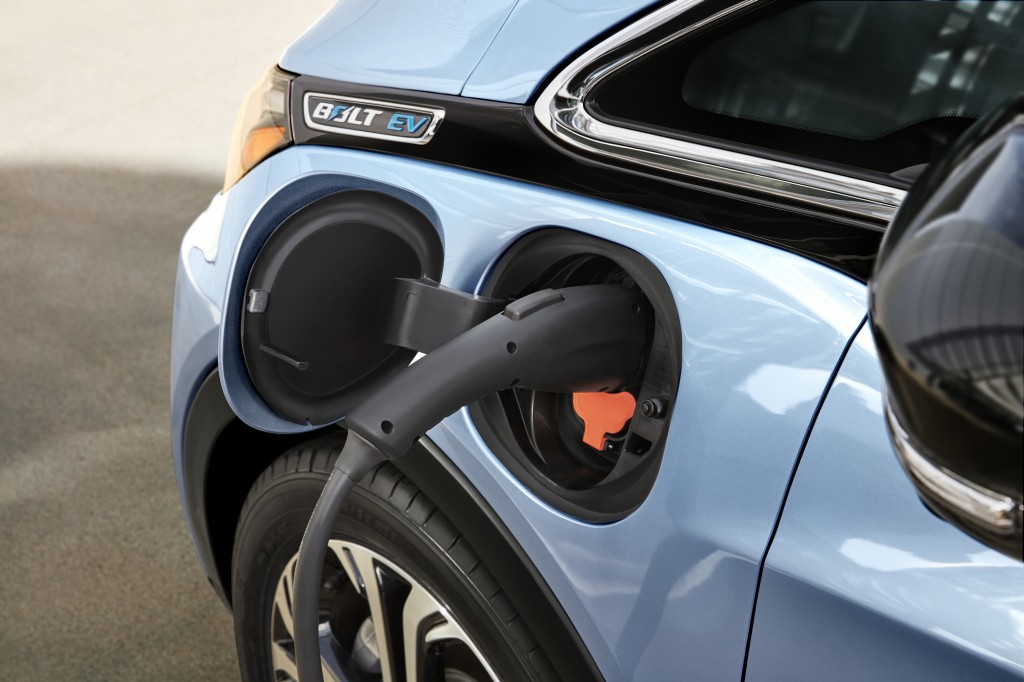
2017 Chevrolet Bolt EV
Stations sold in concert with the Bolt EV will be branded as official accessories, with their own GM part numbers, according to AeroVironment.
Chevrolet said the price of the station as an official Chevy accessory will be $699.
Using a Level 2 source like the AeroVironment EVSE-RS station, the Bolt EV's 7.2-kilowatt onboard charger takes 9 hours to recharge the 60-kilowatt-hour battery pack, according to Chevy.
ALSO SEE: Chevrolet Bolt EV: Green Car Reports' Best Car To Buy 2017
For longer trips or faster charging en route, the Bolt EV will also be available with DC fast charging, using the CCS protocol.
That capability is a $750 option on all trim levels of the 2017 Bolt EV.
On DC fast charging, the Bolt EV can recharge at 80 kW, which Chevy says is enough to recover 90 miles of range in 30 minutes.
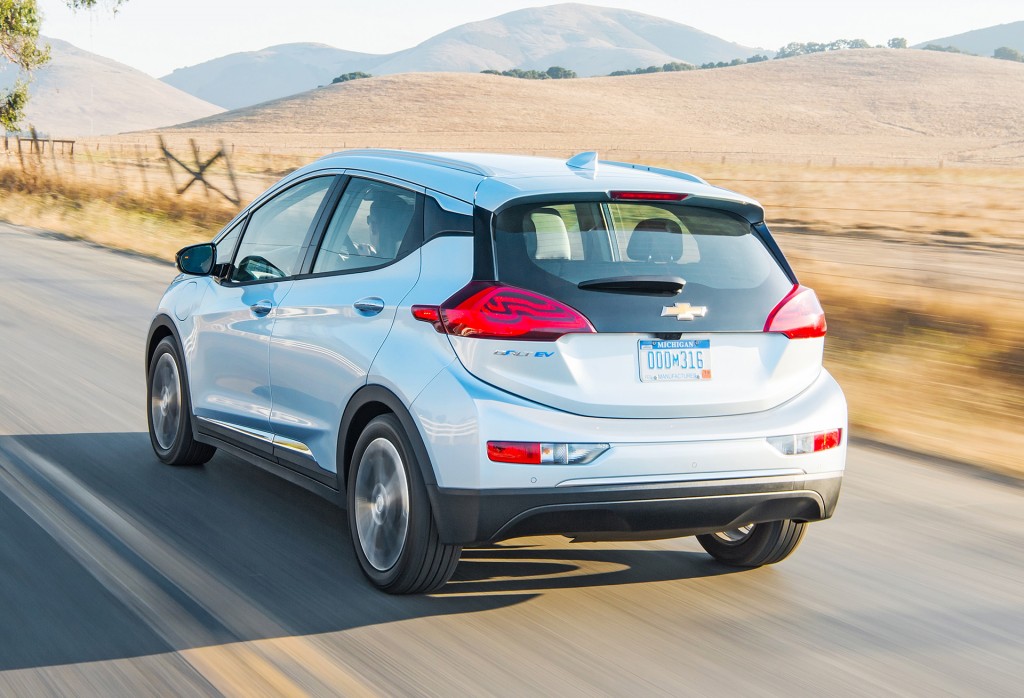
2017 Chevrolet Bolt EV
It should be noted that the statistic is slightly misleading, though, since the vast majority of CCS stations installed today have a maximum charging rate of only 50 kw—though a standard for much higher rates is now being developed.
While it plans to sell customers Level 2 AC stations, GM has said it will not fund the installation of public CCS DC fast-charging stations for its customers or other electric-car drivers.
Many automakers have used public DC fast charging infrastructure projects to increase the appeal of their electric cars.
MORE: 2017 Chevrolet Bolt EV first drive: 240 miles in an electric car
Nissan has backed the installation of dozens of CHAdeMO fast-charging stations for its Leaf, while Tesla developed its own Supercharger DC fast-charging standard, and operates a network of stations.
BMW and Volkswagen have also supported limited DC fast-charging infrastructure projects in the U.S.
And most notably, the Tesla Supercharger network has proven to be a major part of the Silicon Valley maker's success, allowing its Model S and Model X cars to travel regionally and even cross-country on a variety of routes with 30-minute stops to recharge.
_______________________________________________







